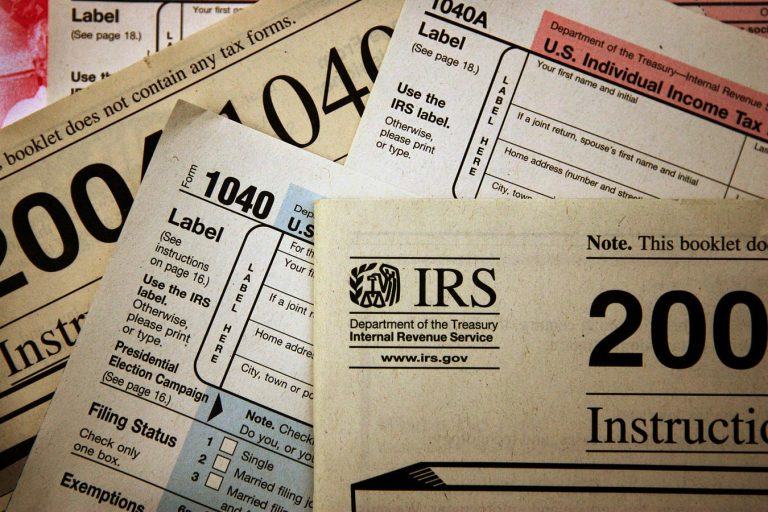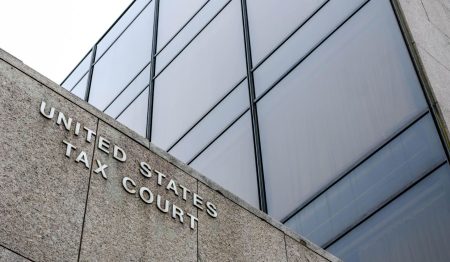The IRS received a significant increase in operating funds after Congress passed the Inflation Reduction Act (IRA) in mid-2022. More recently, on September 8, 2023, the IRS announced that it would use at least some of those funds to focus on compliance initiatives associated with high-income and high-wealth taxpayers.
Although the announcement covers numerous compliance initiatives, high-income and high-wealth taxpayers with undisclosed foreign financial accounts should take close notice of the comments made regarding FBARs. Specifically, the IRS indicated that it was aware of taxpayers in this group who were utilizing foreign accounts to avoid disclosure and related taxes. Because of the agency’s awareness of “hundreds of possible FBAR non-filers with account balances over $1.4 million,” the IRS indicated that it would use some of the funds from the IRA to examine high-income and high-wealth non-filers in 2024.
What Is An FBAR?
FBAR filing requirements have been around for some time. In 1970, Congress passed the Bank Secrecy Act (BSA) which required financial institutions to make reports of foreign account activities. Later, the government extended the reporting requirements to include U.S. persons and individuals.
Currently, U.S. persons with a financial interest in or signature or other authority over foreign financial accounts exceeding $10,000 at any time during the calendar year must file an FBAR. The FBAR provides the government with information regarding the foreign account, including the name of the foreign financial institution, the account number, and the maximum account balance of the account throughout the year.
U.S. persons who fail to timely and properly file an FBAR run the risk of significant civil penalties. For “willful” failures to properly file, the government may impose a penalty equal to the greater of $100,000 (adjusted for inflation) or 50% of the value of the account at the time of the violation. For example, if a U.S. person has $1 million in a foreign account on the date of the violation (i.e., the date the FBAR should have been filed), such person may be liable for a willful FBAR penalty of $500,000. “Non-willful” FBAR penalties are reduced but still painful, particularly if there is more than one year of non-compliance. In these instances, the government may penalize the U.S. person $10,000—also adjusted for inflation—for each non-compliant year.
What Is Willful Conduct?
The term “willful” is significant for purposes of determining civil FBAR penalties. But neither the BSA nor the governing regulations define the term. Therefore, federal courts have been tasked with providing a working definition.
Regrettably, courts have interpreted willfulness broadly to include not only intentional and knowing behavior but also reckless behavior. But the courts draw the line and do not affirm willful FBAR penalties where the taxpayer’s conduct was due to mere negligence. If you are confused on the distinction, you are not alone. Indeed, the two types of conduct are remarkably close.
Federal court decisions show that the government may prove recklessness if the taxpayer (1) clearly should have known that (2) there was a grave risk that an FBAR must be filed and (3) that the taxpayer was in a position to find out about the FBAR filing obligation very easily. This determination is made based on an objective standard. On the other hand, the IRS has indicated that negligent or non-willful behavior generally constitutes inadvertence, mistake or other similar conduct that is the result of a good-faith misunderstanding of the law.
Two federal court decisions are helpful in showing the demarcation between willful and non-willful behavior. In Horowitz, two highly educated and married professionals moved to Saudi Arabia for work. While in Saudi Arabia, they established a Swiss account that earned interest. The taxpayers properly reported their foreign salary income but did not report foreign interest from the Swiss account. The taxpayers eventually moved back to the United States. By 2007 and 2008, the Swiss account had reached approximately $2 million.
The taxpayers never filed FBARs for 2007 and 2008. The IRS sought to impose willful FBAR penalties against them and filed a lawsuit to collect on the penalties. At trial, the taxpayers contended that they were not willful because their friends in Saudi Arabia had provided them with improper tax advice regarding their U.S. tax obligations. Neither the district court nor the Fourth Circuit bought into this argument. In fact, this contention was used against them to support a recklessness finding. According to the courts, if the conversation was significant enough for the taxpayers to raise with their friends, they should have likewise raised the issue with their historical tax preparer. Because the taxpayers had historically reported foreign income and interest from their domestic accounts, the courts held that the government had met its burden of showing recklessness.
A more recent court decision demonstrates conduct that typically falls outside of recklessness. In Kurotaki, a federal court in Hawaii held that the government had failed to meet its burden of showing recklessness where the taxpayer, a “green-card” holder but resident of Japan, had relied on a tax preparer in not filing FBARs for 2011, 2012, and 2013. In that case, the taxpayer did not speak English and relied on annual questionnaires provided by the tax preparer that suggested in Japanese that only U.S. residents were required to file FBARs. Kurotaki shows that good-faith reliance on a tax professional can often defeat a willful or reckless finding.
The Bottom Line.
Kurotaki shows how aggressive the IRS can be in attempting to impose willful FBAR penalties under the much easier standard of recklessness. High-income and high-wealth taxpayers who are not in compliance with their FBAR reporting obligations should therefore take the IRS’s recent FBAR enforcement initiative seriously.
Read the full article here









